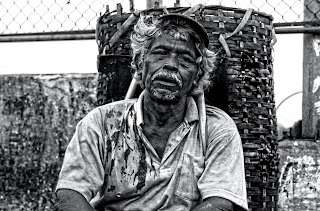Introduction of labour
The aggregate of all human physical and mental efforts used in production of goods and services is called labour. It is a primary factor of production. But, according to the economist, the physical or mental effort by which a worker gets wage is called labour.
"All the activities done for earning money in order to survive are included in labour."- A.H. Smith
"The physical or mental effort made with the objective of getting any good is called labour." -Marshall
As the labour is concerned with workers, it has been defined in the labour Act 2048 as "Worker means a person employed on the basis of remuneration to work in any building, premises, machinery or any part there of used for any productions process or providing service, or any act relating to such work or for any unscheduled works and this expression also includes any worker working at piece-rate, contract or agreement."
Types of labour
Labour has been divided into three types. They are as follows:
a. Productive and unproductive labour: The legal and socially accepted works done for producing positive result in the society are called productive labour whereas, the illegal and anti-social activities like smuggling, theft, human trafficking, gambling, etc. are called unprodcutive labour.
b. Skilled and unskilled labour: The work which needs special education, knowledge, efficiency, trainings to get done is called skilled labour. The work which does not need specific education and training to get done is called unskilled labour.
c. Physical and mental labour: The work which needs physical strength and movement of body parts such as labourers, farmers, etc. is called physical labour whereas, the work which needs mental efforts, creativity, logic, etc. rather than physical labour is called mental labour.
Importance of labour
- Labour plays an important role in the economic growth of the country as it increases the economic activities in the country.
- Without labour, the production of goods and services is impossible.
- Labour mobilizes the capital and resources for the production of goods and services.
- With the maximum utilization of labour, necessary goods and services can be produced.
- Foreign currency also can be earned by the proper utilization of labour in the production.
- Labour utilizes the wasted resources and inactive manpower.








0 Comments
Any queries ! check out here